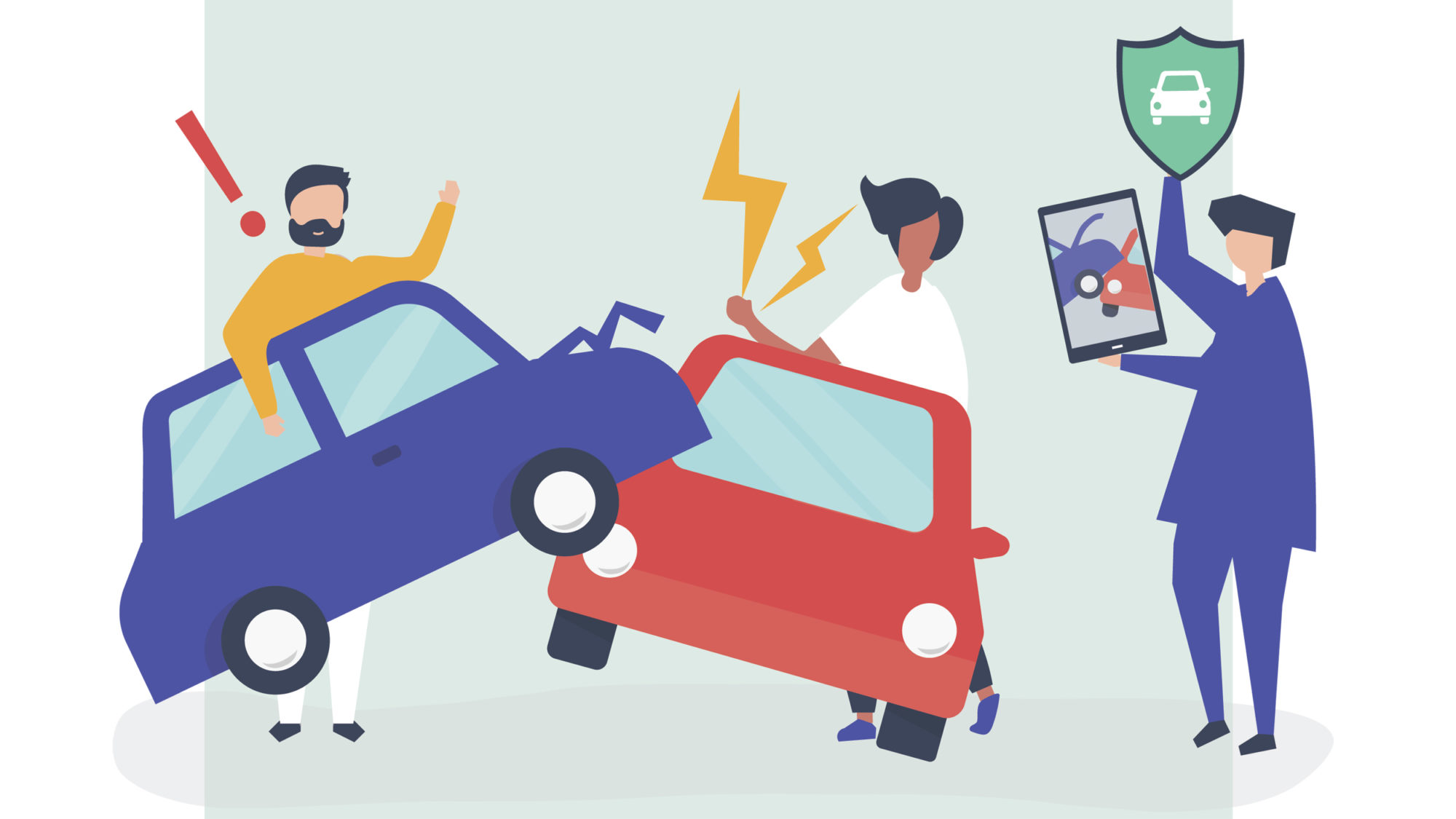Renting a car can be an uncomfortable experience: You don’t know how to adjust the seat or which side the gas tank is on—or what to say when the agent asks if you want to add rental car insurance. But a little research prior to pickup can help you answer this important question with confidence.
KNOW THE RISKS
If you’re in a collision while driving a rental, you’re personally responsible for any damage to it—even if you’re not legally at fault. Most rental companies also charge a “downtime” fee to compensate for the period the vehicle is off the road while being fixed or replaced.
If others are involved in the collision, you could wind up paying for their injuries and/or damage to their property. “This is where you hear of people suing the driver for a million dollars because they’ve been injured and can’t work, or they’ve become permanently disabled,” says Pam Murray, travel insurance sales manager at AMA.
CHECK YOUR EXISTING COVERAGE
If you plan to rent a car in Alberta or while travelling, first review your existing insurance policies. Murray reminds would-be renters to check their personal auto and home insurance policies, plus any coverage provided by credit cards. That way you’ll know what you have and what you may need to buy.
MORE TO READ
Hidden travel expenses that you should budget for
Your personal auto insurance policy’s third-party liability coverage extends to rental cars, protecting against damage to other people and property due to a collision. On the other hand, your collision or comprehensive coverage (insuring the vehicle you’re driving) likely only applies to rentals if you purchased a specific endorsement. If you rent often, getting that add-on may be worthwhile, though your deductible would still apply when making a claim, and your premium might subsequently increase. Lacking that endorsement, consider AMA Travel’s Rental Vehicle Physical Damage Insurance, which covers physical damage to the vehicle while you’re driving it.
NO NEED TO OWN
If you don’t own a car—and thus the insurance that goes with it—rental agencies include a minimum amount of liability coverage with the cost of the car. At the counter, you can purchase a supplemental policy that increases the coverage amount—usually up to $1 million.
Rental agencies also sell personal effects coverage, which insures your belongings (to a set limit) if they’re stolen from the car. You could decline this purchase, however, if your home-owner’s insurance includes off-premises coverage for personal property outside of your home. But remember that you’d still have to pay your deductible.
MORE TO READ
All roads lead to a self-drive tour of Ireland
Some credit cards include rental car insurance as well. But these policies only cover damage to the vehicle, not liability—and they’re usually conditional based on certain factors. In most cases, you must use the credit card to pay for your rental in order for the coverage to kick in. A quick phone call to your insurance provider and/or credit card company will help clarify your best course of action before you pick up your rental.
MORE TO CONSIDER
Murray notes that the price of supplemental insurance is often higher at the rental counter than it is if you purchase directly through AMA. For example, AMA Travel’s rental vehicle insurance is $11 per day, compared to an average of $30 daily for rental agency coverage.
Regardless of your rental car insurance, heed Murray’s advice and always inspect the vehicle before driving it off the lot. Snap a few photos of any existing damage—and advise the rental company before your leave—so you’re not on the hook for it later.
HOW TO SAVE
It’s easy to book a rental vehicle through AMA Travel. AMA members get exclusive benefits and discounts. And don’t forget to talk to your AMA Travel agent about options for rental car insurance.
